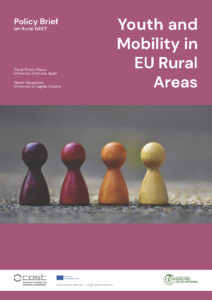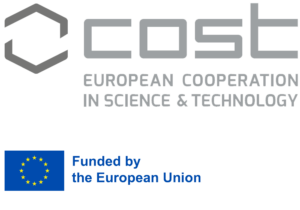New paper published: Becoming a Young Farmer in the Digital Age: An Island Perspective
We are pleased to announce that a new paper supported under our call for collaborative publications has just been published in the journal Rural Sociology.
https://onlinelibrary.wiley.com/doi/full/10.1111/ruso.12400
Becoming a Young Farmer in the Digital Age: An Island Perspective
Abstract
This study investigates the career construction paths of young farmers and aims to contribute to the literature on the “young farmer problem.” Of particular relevance is this study’s focus on the potential of islands as a new career landscape in the digital age. Young farmers’ subjective experiences toward careers were analyzed based on narrative interviews, quantitative surveys and expert interviews from two EU islands: Crete and the Azores. Firstly, the study provides insights on the behavioral and cognitive dimensions of the career construction model by identifying followed career paths. Secondly, we turn our focus to the role of digital communications in career construction and, thirdly, the study examines the geographical dimension of the model. We find that involvement with farming entails complex career patterns that evolve into passion. Whether their involvement follows planned or unplanned paths, protean career attitudes, desire to experiment, and a strong sense of career self-concept play significant roles in shaping the career narratives. “Experience” and “management” dimensions of online communication drive the construction of careers as a part of a professional identity mechanism. Our results reveal that the “island effect” (maintaining a part-time farming culture) plays a role in cohesive singular and multiple career self-concepts.




